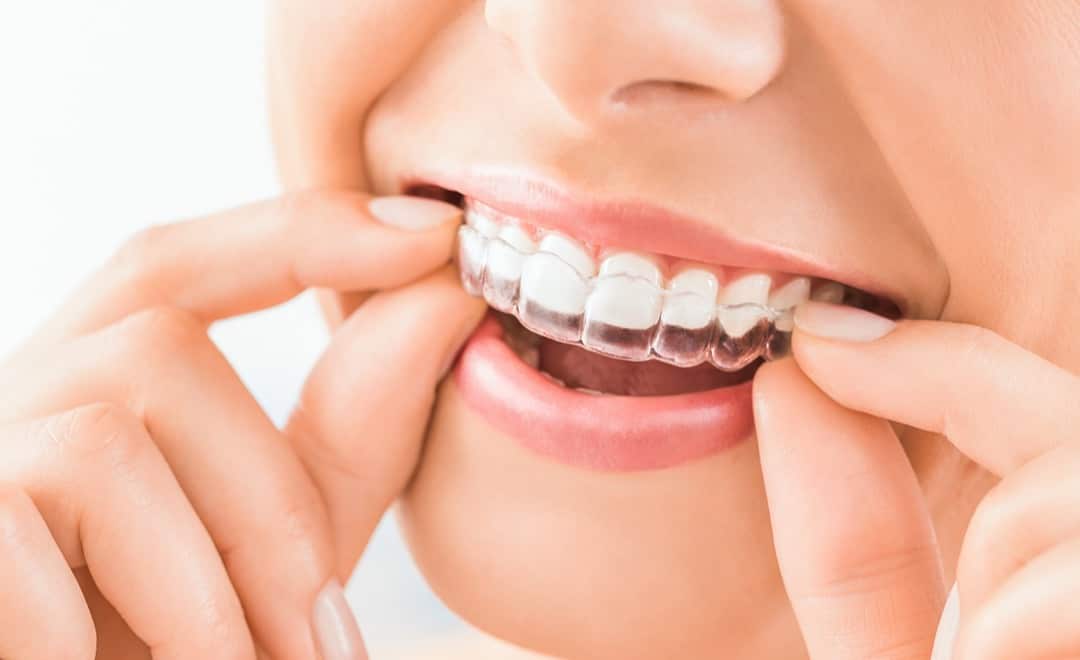Oral habits are a common part of childhood development, with thumb or finger sucking being one of the most prevalent. While generally harmless in early childhood, prolonged thumb or finger sucking can lead to dental issues, most notably open bites. Understanding the mechanisms involved, the consequences, and the role of orthodontic care is key to preventing and managing such conditions.
Thumb Sucking and Open Bites: The Mechanism
An open bite refers to a dental condition where the upper and lower front teeth are directed outwards so much that they don’t touch when the mouth is closed. Prolonged thumb or finger sucking can be a leading cause of this condition.
When a child sucks their thumb for extended periods, particularly past the age of four, when the jaw bone becomes more pliable, it can apply persistent pressure to the front teeth and the alveolar bone, which houses the teeth. Over time, this pressure can force the teeth and bone to reshape and grow in an outward direction, causing an open bite.
The Consequences of Open Bites
Open bites present more than just aesthetic concerns; they pose significant functional problems too. People with open bites often have difficulties biting into thin foods, such as slices of apple or cheese. Speech can also be impacted, with lisping or other speech impediments becoming more common. Moreover, the misalignment of the teeth can lead to jaw pain and increased teeth wear. The psychological impact of these consequences shouldn’t be ignored either, with children potentially facing self-esteem issues due to their oral appearance.
The Role of Orthodontic Care
Orthodontic care plays an essential role in managing and rectifying open bites caused by prolonged thumb or finger sucking. Initially, orthodontic care involves the use of positive reinforcement strategies to encourage the child to stop the habit. If the habit persists, an orthodontic device known as a habit appliance may be recommended. These devices discourage thumb or finger sucking by creating a physical barrier or causing slight discomfort during the act.
Once the habit has been stopped, the orthodontist can assess the degree of the open bite and discuss possible treatment options. Depending on the severity of the open bite, treatment may range from braces to control and guide the teeth back into proper alignment, to surgery in severe cases.
Early orthodontic intervention can help avoid these more invasive procedures. Regular orthodontic check-ups starting from an early age can help detect any dental problems caused by thumb sucking before they develop into serious conditions.
Thumb or finger sucking is a natural habit for many children, and while it often fades with age, the consequences of prolonged sucking can be significant. Early identification and intervention, coupled with professional orthodontic care, can prevent and correct the adverse effects of this habit, ensuring a healthy oral development. It underscores the importance of orthodontic care not only as a corrective measure but also as a preventative one.
Don’t let a simple habit impact your child’s smile and confidence in the long run. Contact our team of orthodontic experts today, and let us guide you through the best preventive and corrective measures for your child’s dental health.




